The Trump administration’s trade war has prompted chaos and countermeasures across the globe, but a potent counterattack has emerged in the courts in recent weeks — and in the long run, it could fatally undermine Trump’s unprecedented global tariff regime.
California Gov. Gavin Newsom was the latest to join the fray with a lawsuit in federal court in California, a development that has already prompted public wrangling between Newsom and the administration. He follows plaintiffs in at least three separate federal suits — by members of the Blackfeet Nation in Montana, the New Civil Liberties Alliance in Florida, and the Liberty Justice Center in the U.S. Court of International Trade. All three cases take direct aim at the Trump administration’s reliance on the once-obscure International Economic Emergency Powers Act (IEEPA).
The challenges were inevitable, but they are also strong on the merits — drawing directly on the interpretive tools and legal doctrines frequently embraced by the conservative justices on the Supreme Court.
The question is whether the courts — including perhaps the Supreme Court itself — will agree, or whether they will blink in the face of the economic and diplomatic turmoil that Trump has unleashed. In fact, Trump may have unintentionally created his best legal argument by upending the global economy: that the courts should be wary of interfering in the president’s handling of international affairs given the complexity and high stakes of the trade war now playing out.
Lawyers challenging the administration’s use of the IEEPA to impose tariffs say they are optimistic about their chances.
“This is an enormous usurpation of legislative power by the executive and an abuse of emergency powers,” Ilya Somin, a libertarian law professor at George Mason University and one of the attorneys working on the Liberty Justice Center’s case, told me.
“If this were to get to the Supreme Court and the case were to be decided on the merits, as opposed to some technical procedural issue, I think we have a good chance of getting the five votes that we need,” he added. On Friday, the Liberty Justice Center filed a motion seeking a temporary restraining order and preliminary injunction that would block Trump’s tariffs.
The legal case against the tariffs is straightforward. The plaintiffs in the four cases to date frame their complaints slightly differently, but they generally boil down to a handful of arguments.
First, the Constitution gives Congress the authority to tax and impose tariffs. Congress has delegated that authority to the executive branch in a handful of trade laws passed over the course of the last century, but the president’s power in this area is a function of the particular language contained in those statutes. (The likely reason that Trump invoked IEEPA is that, unlike the more commonly invoked trade laws, IEEPA does not require administrative investigations or consultations with Congress.)
Second, the relevant provision of the IEEPA contains a bunch of words, but none of those words are “tariffs” or “taxes.”
Indeed, no president before Trump has ever used the IEEPA to impose tariffs. The law has typically been deployed to impose economic sanctions, such as prohibitions on transactions with designated foreign governments or businesses.
In theory, these facts should resonate with the Republican appointees on the court, who typically hold themselves out as committed textualists, eager to adhere only to the words on the page.
Third, even if the IEEPA granted the president the authority to impose tariffs, there are no actual “emergencies” here that would support them (though we will return to this notion).
The law authorizes the president to act when there is “an unusual and extraordinary threat … to the national security, foreign policy, or economy of the United States,” and the Trump administration has claimed that there are several different emergencies. They include the opioid crisis and illegal immigration, which Trump has invoked to support tariffs against Canada, Mexico and China. To support other global tariffs, Trump has claimed that the country’s “trade deficits” constitute the emergency.
At least as a factual matter, credible independent analysts have generally rejected these claims. Take the country’s trade deficits. “They’re not actually harmful any more than it’s somehow harmful if I have a trade deficit with my local supermarket,” Somin said. “I buy a lot of things from them, but they virtually never buy anything from me.”
Fourth, as the California complaint correctly notes, IEEPA was passed as part of an effort in the 1970s to limit the president’s emergency economic powers. Congress did not intend to expand the president’s powers or to give him carte blanche to overhaul the global trading system.
That fact may not move the Republican appointees on the Supreme Court if the issue gets to them — they generally oppose the use of legislative history in statutory interpretation — but it is likely to prove relevant to the three Democratic appointees.
Most importantly, the complaints to varying degrees draw on two doctrines that the Republican appointees have developed and embraced in recent years — both of which should weigh heavily against the Trump administration’s position.
In particular, the “nondelegation doctrine” championed by conservatives holds that Congress cannot delegate its lawmaking powers to other bodies, including the executive branch. Five of the Republican appointees on the court have signaled that they are interested in deploying this theory more aggressively in the coming months. Liberals have good reason to fear that would severely constrain Congress and administrative agencies, but in this particular case, it would suggest that Trump’s use of tariffs is unconstitutional.
The Republican appointees on the court have also deployed the “major questions doctrine” in recent years to nullify executive actions that exceed an undefined threshold of “economic and political significance.” In those situations, the conservative justices have held that there must be a clear delegation of authority from Congress on the matter; otherwise, the president has overstepped.
That clear delegation does not exist here, and there is little question that Trump’s tariffs carry extraordinary “economic and political significance.”
When the court threw out Joe Biden’s student-loan forgiveness plan, the conservative justices cited a budget model from the University of Pennsylvania estimating that the program would cost taxpayers around $500 billion. As for Trump’s tariffs? A model from Yale University estimates that they will increase inflation, result in nearly 800,000 lost jobs and shrink the American economy by roughly $180 billion a year.
Those are just the economic effects. The various geopolitical shifts, including China making new moves on the global stage, have made it clear that Trump’s tariffs also carry incredible “political significance.”
It is possible that the challengers in these cases could all lose in the lower courts or that the administration could lose and choose not to take it all the way to the Supreme Court. But if the case does end up before the Supreme Court, the conservative justices will be in a very tricky bind.
“One of the advantages of being a Supreme Court justice is you can do what you want,” Somin observed, “but if they were to rule against us on this, it would look like a deep contradiction in their position, and it would be at odds with things they have done in other cases.”
That may not stop them, particularly given the Republican appointees’ apparent willingness to abandon their theoretical commitments to textualism and originalism when they would dictate an outcome that they might not like. We saw this last year when the 6-3 conservative majority gave Trump a stunning victory in his bid for criminal immunity that had no credible basis in the constitution’s text or the framers’ expectations when they wrote it.
The Supreme Court might also side with the Trump administration given that the court is generally deferential to the president’s handling of foreign policy and his assessment of what constitutes a national emergency. We may not have had any national emergencies before Trump returned to office, but ironically, his tariffs may themselves have caused a global emergency — one that could give the justices reason to pause before coming in against the president in a way that could now severely constrain his powers on the global stage and diminish his international diplomatic standing.
As the lawsuits against Trump’s tariffs have slowly gained steam, one question has nagged at some in trade and legal circles: Why haven’t more businesses challenged the tariffs in court?
Notably, the powerful U.S. Chamber of Commerce will not be joining the lawsuits, according to a POLITICO report. Perhaps businesses and trade groups don’t think the legal strategy will work. Perhaps they want to avoid a public fight with the Trump administration and believe they can lobby the administration for changes and exemptions that would serve their specific interests.
Regardless, it is a risky approach, and it may have helped pave the road to where we find ourselves now. After all, Trump first made clear his intention to use IEEPA two months before “Liberation Day,” back when he was still focused on tariffs targeting Canada, Mexico and China.
It is impossible to know for sure what would have happened if the business community had mounted a swift legal challenge in the courts, but perhaps it would have drawn further attention to this issue and shifted some of the political dynamics on Capitol Hill, where most Republicans have backed Trump’s tariffs, either enthusiastically or begrudgingly. That might be particularly true if someone had managed to secure a preliminary ruling in their favor that called into question the scope of Trump’s power under IEEPA.
Instead, nothing happened.
At the moment, it is unclear how this all ends. Maybe Trump will eventually back off after he can claim that he secured some new trade agreements, but the challenges in the courts are now way behind, and the consequences of the administration’s haphazard tariff regime will continue to unfold as these lawsuits move forward. The economic and political effects, both domestically and internationally, could prove irreversible by the time a case ever gets to the Supreme Court.
But if that day arrives, the Republican appointees on the court will once again face a crucial and recurring question — one with profound legal and political ramifications: Do they really mean what they say?
.png)
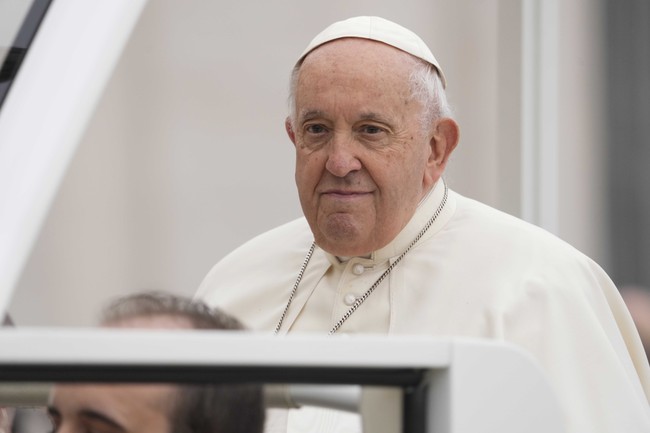




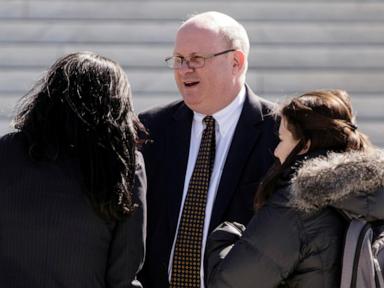


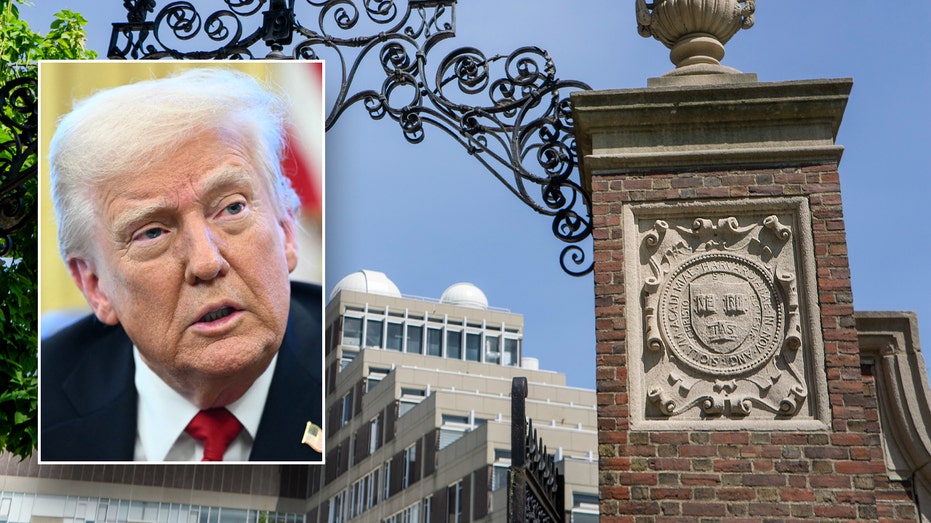

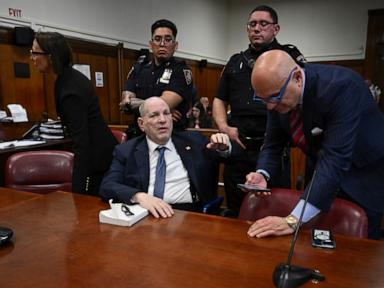

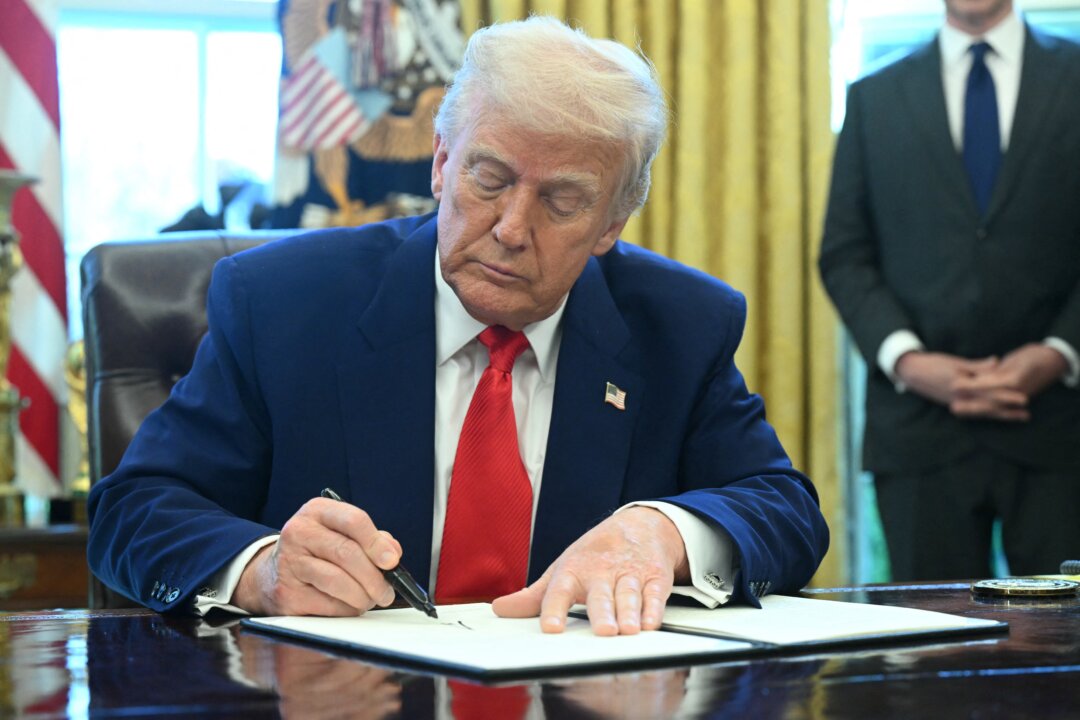


 English (US)
English (US)